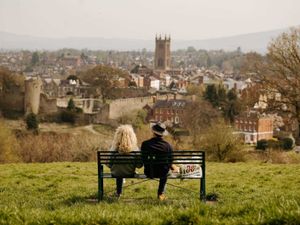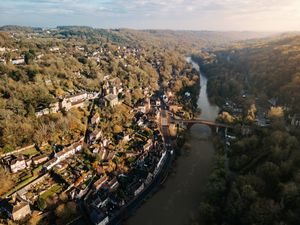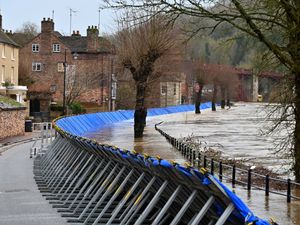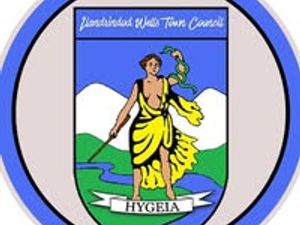Jacob Rees-Mogg backs fracking at country pile but says no to local referendums
The Energy Secretary dismissed holding community votes to gauge public consent for shale gas extraction.

Jacob Rees-Mogg has dismissed the idea of local referendums to gauge support to allow fracking to go ahead, as the Energy Secretary backed drilling in his garden.
The Cabinet minister said he would be “delighted” for shale gas extraction to start in his Somerset country estate despite critics raising concerns about earthquakes.
Liz Truss has angered some Conservative MPs and broken a Tory manifesto promise by removing the moratorium put in place in England to prevent tremors.
The Prime Minister has vowed to only approve fracking in areas where it is backed by surrounding communities but has so far not set out any details.

Mr Rees-Mogg, who is also Business Secretary, dismissed the idea of referendums to approve drilling and onshore windfarms, another controversial topic among Conservatives.
Giving his thoughts at the Tory conference, he said companies could “go around door to door, as politicians do in elections” to gauge support.
“Then they have to go around to an identifiable community and if they get 50% plus one in favour then they should be able to go ahead,” he told a Telegraph event.
“It’s early days, early discussions as to how it could be done. I don’t think local referendums are necessarily the right idea, turnout in local referendums could be very low so how much real validity would that give you as to consent.”
To curry favour among residents, he said compensation should be paid to those disrupted by building works and then royalties for the community.
“I think people who are disturbed by the building works ought to get some compensation for that and that should be a payment to them,” he said.
“And then you should have a royalty for people where the shale gas comes from.”

Mr Rees-Mogg, whose residence is the 17th-century Gournay Court in the parish of West Harptree, was enthusiastic about welcoming fracking on his land.
“Yes, of course I would. I would be delighted, particularly if I get these royalties,” he said.
“If we do what I’m suggesting on shale gas you would be doing a public service by doing it in your back garden but you’d also get paid for it.”
Mr Rees-Mogg said it is “the socialists” and Green MP Caroline Lucas who oppose fracking, adding: “Well that makes my heart bleed.”
Greenpeace UK’s chief scientist Dr Doug Parr said: “Mr Rees-Mogg may be willing to trust fracking companies to accurately represent local views, but I’m sure those communities in question – who’ve already rejected the destructive industry once – would rather he take a more impartial approach.
“Fracking can’t and won’t solve this energy crisis. It will take years to produce any usable gas and not enough can be fracked for it to affect global prices.
“So it’s time the government stopped trying to flog this dead horse and stopped subjecting the national energy debate to these pointless distractions from doing something useful.”





